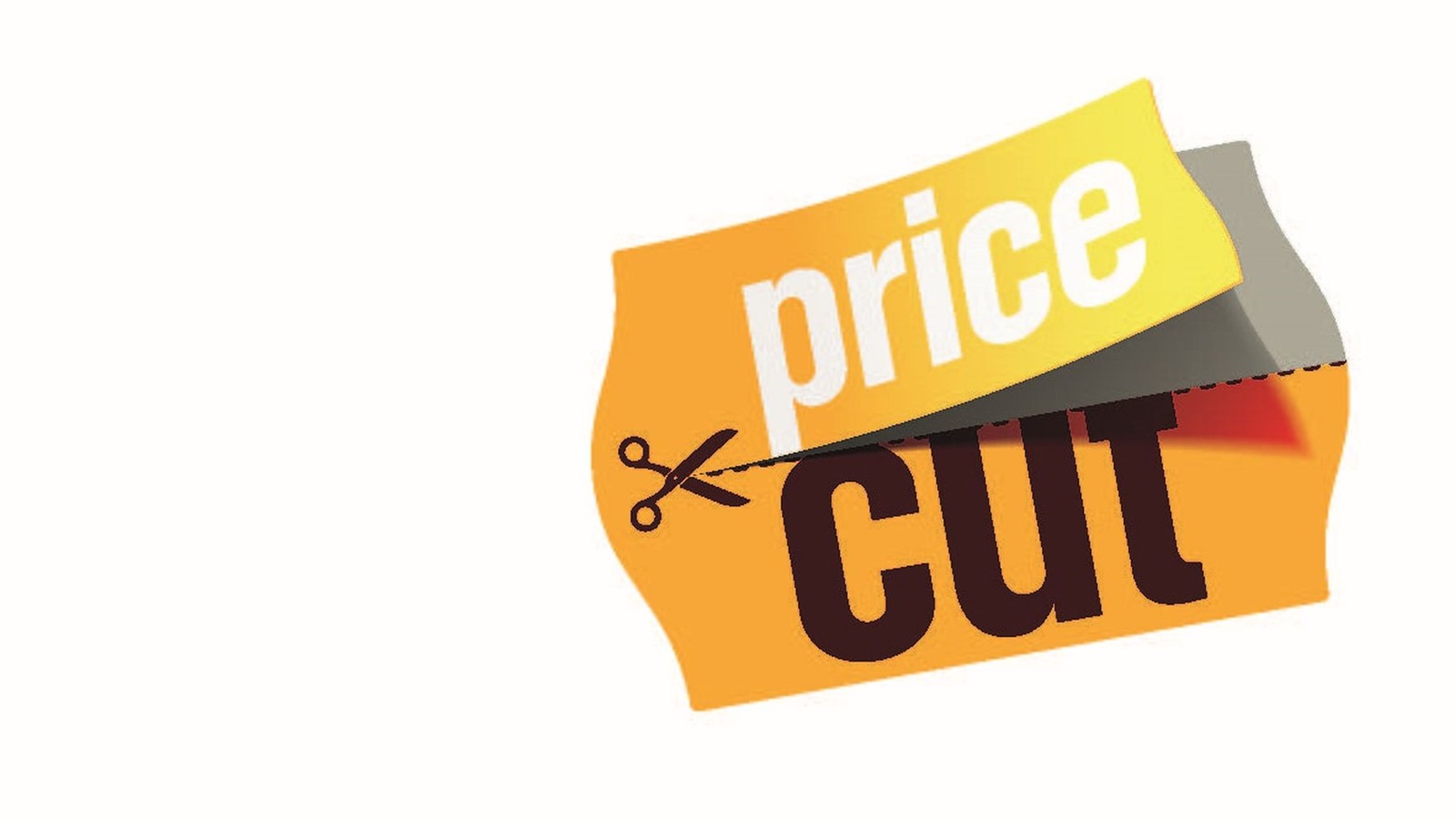I am a ‘yellow sticker’ person. In supermarkets, yellow stickers are used to mark a product at a reduced price. The eye-catching yellow sticker is securely glued onto the packaging. The product now stands out on the shelf.
In nature, yellow signals warning or caution. Is there something wrong with it? Is it damaged? Is it out of date? Is it worth investing in?
Does it really have the same value as ‘unstickered’ products? The reality is that there is something different about it – it may have damaged packaging, no box or be nearly out of date, so may not last long. However, before the sticker was applied, it was once ‘perfect’, valuable and attractive, and could be bought without hesitation or concern.
Twenty years ago, I was like all the other products on the shelf: ordinary, unassuming and unobtrusive. I was accepted by my community and lived in blissful inconspicuousness. Then my world changed. Following a serious illness, my marriage broke down, and I was left to raise our three children. I felt abandoned, vulnerable and lonely, as if my hopes for the future I had imagined had died. I had no box, my contents were delicate and my lustre had faded almost completely. Surviving this, alongside the painful and prolonged aftermath, wreaked further damage to my fragile contents.
Overnight, people’s reactions to me changed. I felt a wave of rejection, a tangible sense of being visible and judged as damaged goods. I had been gifted, by members of the community, a yellow sticker.
Was I the same woman? Was I still ‘good enough’, valuable and attractive? I had the same children, I was the same person, I had the same values but, confusingly, people treated me with caution.
I desperately wanted to resurrect hope and opportunity for my family. Therapy offered me a place to explore my sense of being stuck. I had attempted to remove the yellow sticker on my own, but it was clear that removing the glue from my psyche was a huge challenge and I would need help.
Next in this issue
I started therapy, and my exhilarating journey of increased self-awareness and self-acceptance began. I realised that it was the feelings that arose from the rejection by my community that had shattered my sense of self. As a result, I became triggered when I heard bigoted comments or witnessed people being disrespected or treated unfairly. I imagine that anyone who is rejected from their community for being different may feel the same. My therapist asked if my lack of trust and emotional turbulence might be related to a deeper need to belong. It was.
It has been through the therapeutic work with my counsellor that I discovered the ‘yellow sticker’ phenomenon. I realised that my psychological responses to past experiences were preventing me from living the life I had always hoped for.
Through therapy, I have systematically removed the sticky residue that my experiences left me with. I was able to replace the feelings of rejection with self-acceptance, and an increased connection and reliance on my internal locus of evaluation to once again feel grounded. I have been able to process my pain and reframe my existence.
The trust that developed in the relationship with my therapist fuelled new ways of thinking, increased my insight and boosted my courage and confidence. I was able to understand myself better and make some sense of my unrest. It is a human need to belong; it is fundamental and underpins our sense of happiness and wellbeing. I understood that I was the same person after my husband left as I was before. We all deserve to be treated with decency and acceptance and are entitled to a sense of belonging.
I am training to be a counsellor now, and believe that, with therapy, it is possible for anyone to make changes in their life and adapt to life’s challenges. There is life beyond the yellow sticker. I hope to be able to help others peel it off so cleanly that it’s as if it were never there.
